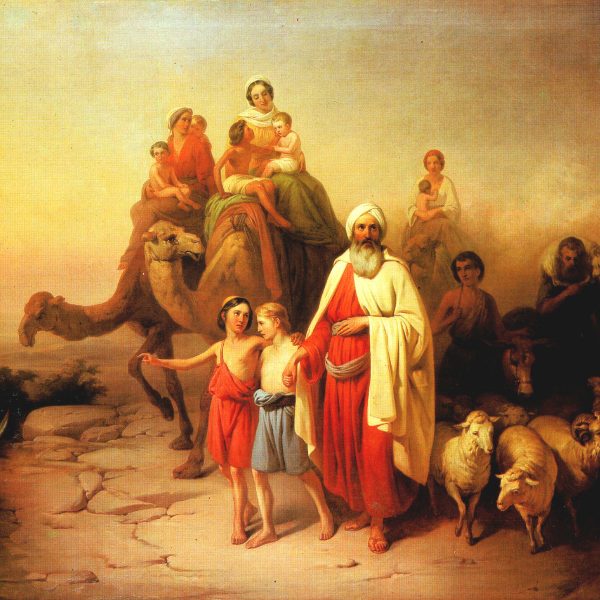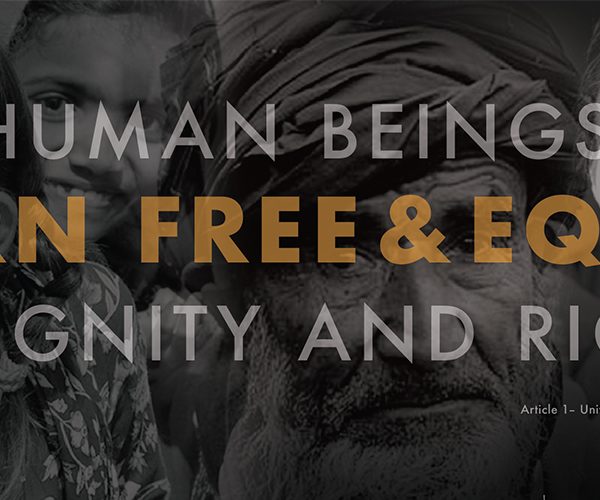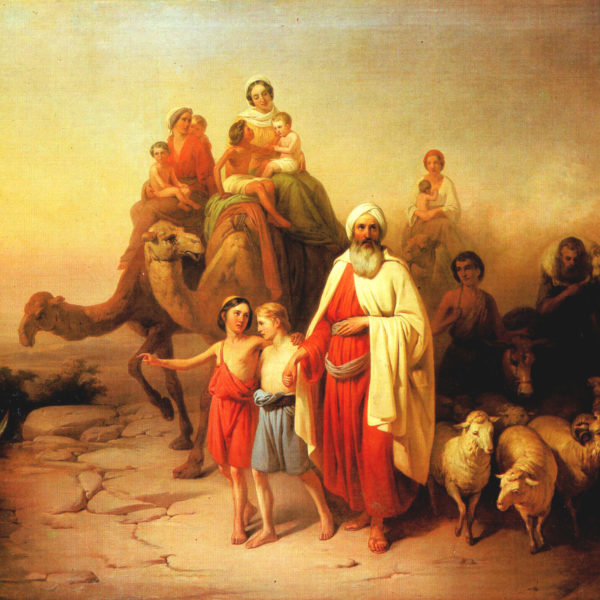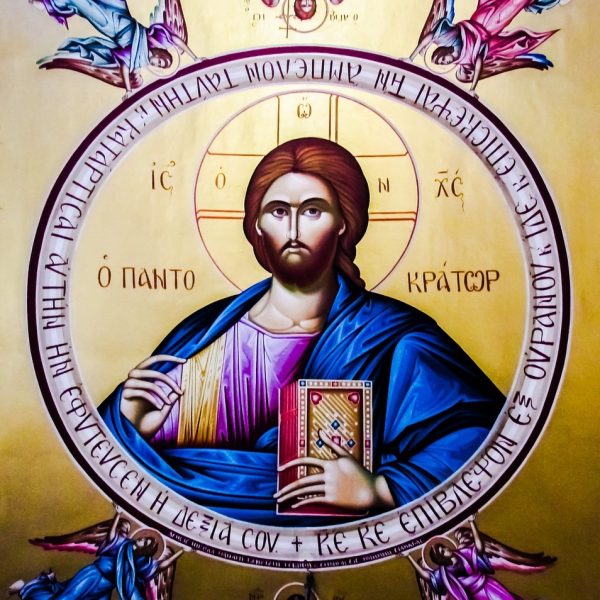
Is it the case that the European political theology is indeed derived, not from the universal requirements of any sovereign order (as Schmitt sometimes claimed), but rather from specific Christian underpinnings? Or is it the case that a fundamentally similar political ideology, one which depends on the logic of sovereignty rather than on parochial cultural assumptions, can indeed be found elsewhere?

The field has often shown a Eurocentric bias…As such, the field has left out important reflections on political theology during the anticolonial and postcolonial struggles in the Global South.

Faith is an enacted practice we live into through our whole selves, continuously laying our souls and bodies bare and vulnerable before the unknown. The consequences of this are thoroughgoing, touching every single aspect of our lives and making demands on both our loyalties and our activities in the world.

True ritual is a searching indictment of all injustice, a corrective for it, and a model for righteous behavior. Presenting ourselves before God in our ceremonies, we invite his inspection of the entirety of our lives; recognizing this fact, we must comport ourselves accordingly in all that we do. Civil religion and cultural religiosity will betray all those who put their hope in them.





